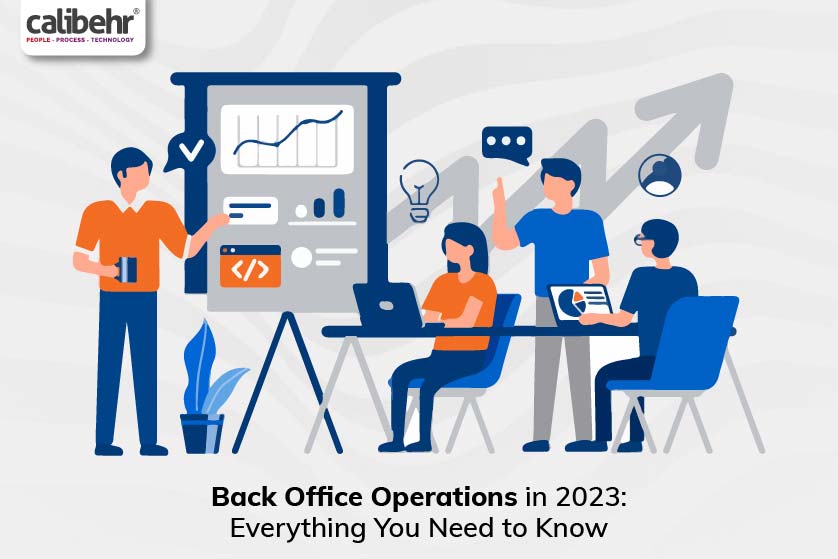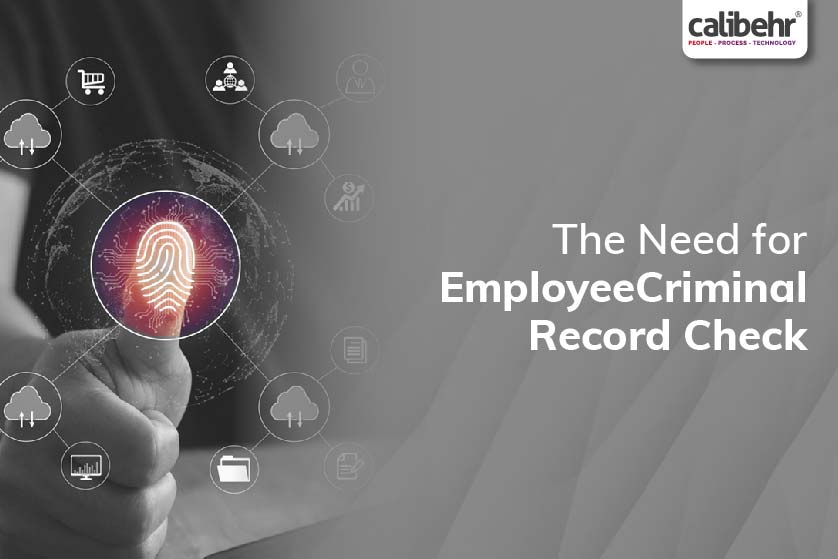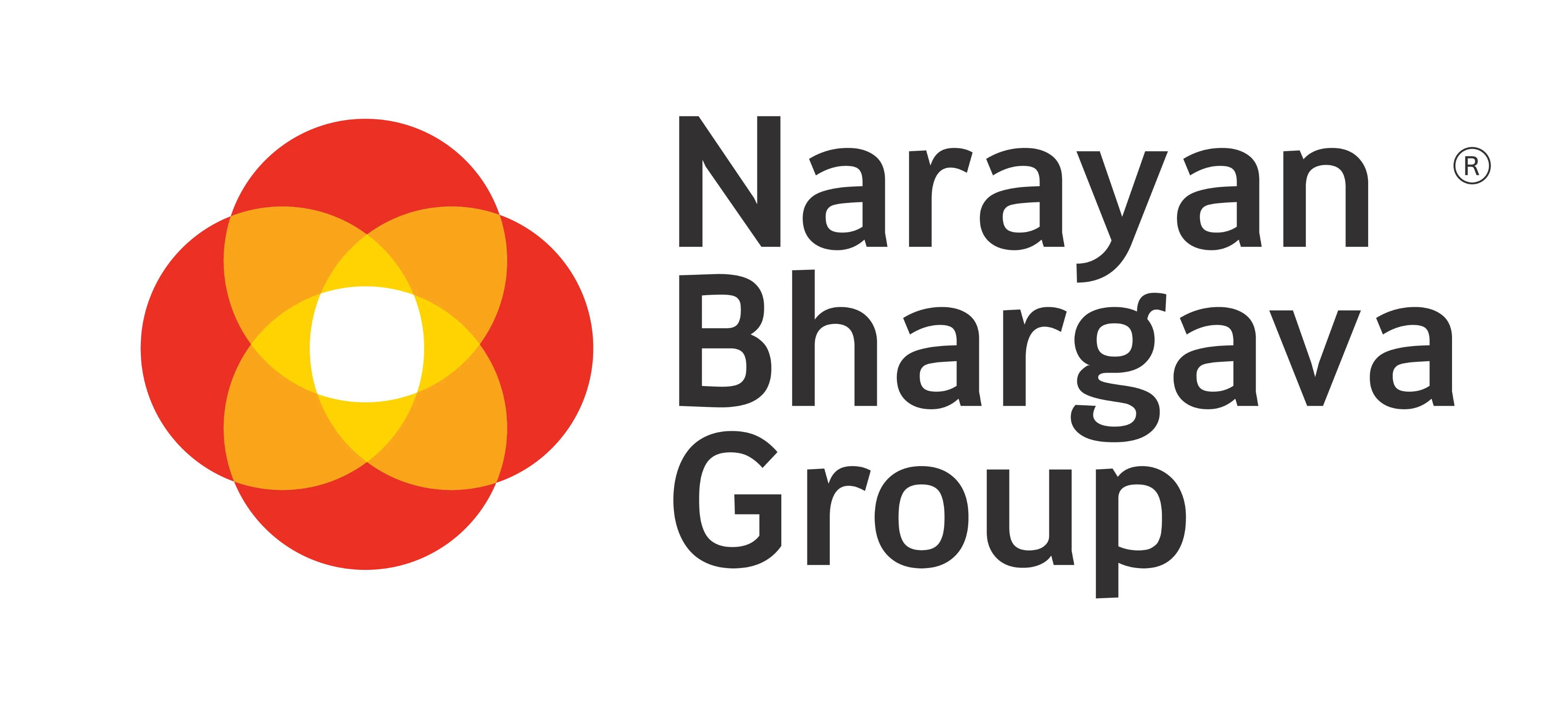Hiring talent is more than just a process of matching skills against job responsibilities; it is about finding the right cultural fit. The hiring process today needs the HRs to probe beneath the surface. It involves going beyond resumes, understanding the individual personalities and assessing values to find candidates who can thrive in the work environment, ultimately benefitting the company.
This is the reason why employers are relying on outside recruiters and investing in staffing agencies to find people who resonate with a company’s beliefs. In this blog, we try to define what cultural fit means through examples and how your business can get it right.
What is Organizational Culture?
Organizational culture can be understood as a unique personality that a company exudes, driven mainly by its vision, mission and ethos. Founders and leaders often mould a company as an extension of their personalities. Managers with their signature management styles contribute to building a work culture. Employees come together to create a special workplace environment, using a specific method to execute work and a way to achieve objectives. Over the course of time, every company develops a culture which gets embedded in its DNA.
What does Culturally Fit Mean?
Culturally fit, in the context of hiring, essentially means that the candidate’s values and attitudes match with those of the organization, creating a conducive atmosphere for both the candidate and the company to grow.
Things can go awry for both the parties if cultural fit element is taken out of hiring. Here’s a possible example:
Rahul is a highly skilled and experienced software engineer who has built his career working in multiple startups. An IT giant with a vacant position decides to hire Rahul for his exceptional ability to handle and complete projects. However, as time passes, Rahul struggles. Why? His new company is rigid with deadlines and attendance and has a more corporate approach compared to the start-up which had a friendly and informal approach to work. Eventually, productivity suffers, affecting both the company as well as Rahul.
Although not perfect, the example shows how companies can miss the mark in the hiring process. As a result, companies tend to experience high attrition rates, work disruption and wastage of time and effort. In addition, vacant position costs a lot too.
How Your Business Can Get it Right
· Understand Your Company's Culture
The first step to hiring talent who are culturally fit begins with your business. Define what makes the company unique. What are the qualities or critical functions that make the company stand out? What drives success within the organization? What method is used to execute work? These are some of the important questions which can help in determining the company culture.
· Communicate Company Culture
Once the company culture is defined, it is the responsibility of the Human Resource managers to communicate the company’s culture. How can they do that? Well, the first and the best place to convey what you stand for is through the job descriptions. This is where potential candidates will read about your company for the first time.
· Train Talent Acquisition Team
Businesses must train the talent acquisition team about the company culture. This is important because the hiring team should be able to communicate effectively about the culture with the potential candidates. Additionally, training must be given to identify what they should look for in candidates. For example, personality tests can be conducted to assess values and behaviour. Plus it can help understand how the candidate would respond in certain situations.
· Look for Authenticity
Depending on the company culture, companies must do reference checks to identify if the candidate is reliable and authentic. Of course, background verification is one way to do it. [Know more about it here: Is Background Verification Mandatory in India? ] But depending on job roles, the parameters can change. Therefore, companies can leverage social media to gauge the personality type, thought processes and values in a candidate.
· Include DEI in the Hiring Strategy
When hiring for culture fit, including Diversity, Equity and Inclusion (DEI) in the strategy is advised. A homogenous workforce always has the potential to boost productivity and efficiency of the company. Plus, it elevates the company’s reputation in the eyes of all stakeholders. However, the DEI initiative should be a genuine step and not just for the namesake.
· Partner with a Staffing Agency
To accomplish the objective of hiring culturally fit talent, companies can entrust staffing agencies who are qualified in the field. The staffing experts will first understand the company culture and the hiring requirements. Secondly, they will look into their talent database to find most suitable candidate. [Read our blog: Looking for a staffing agency? Here’s everything you need to know]
Although much have been discussed about the positives of hiring for culture fit in this blog, there’s another school of thought which asks - Is cultural fit hiring the way foreword? Does it work every time? Stay tuned as we aim to come up with another perspective on the topic.
Calibehr is a leading staffing company with more than 15 years of experience. Calibehr’s staffing experts have helped leading companies PAN-India with their hiring requirements. Contact us today to know how we can help.








